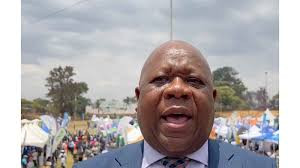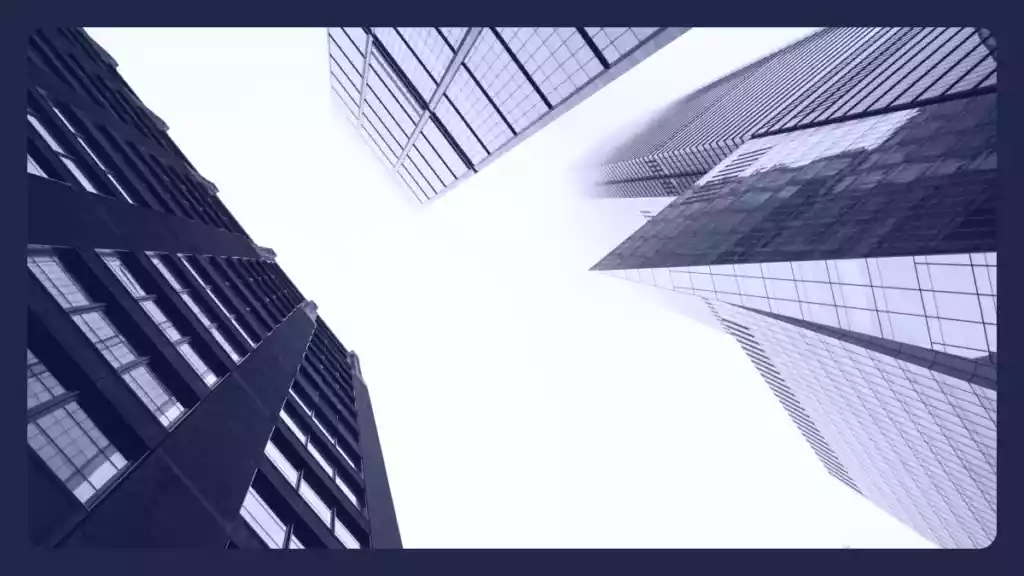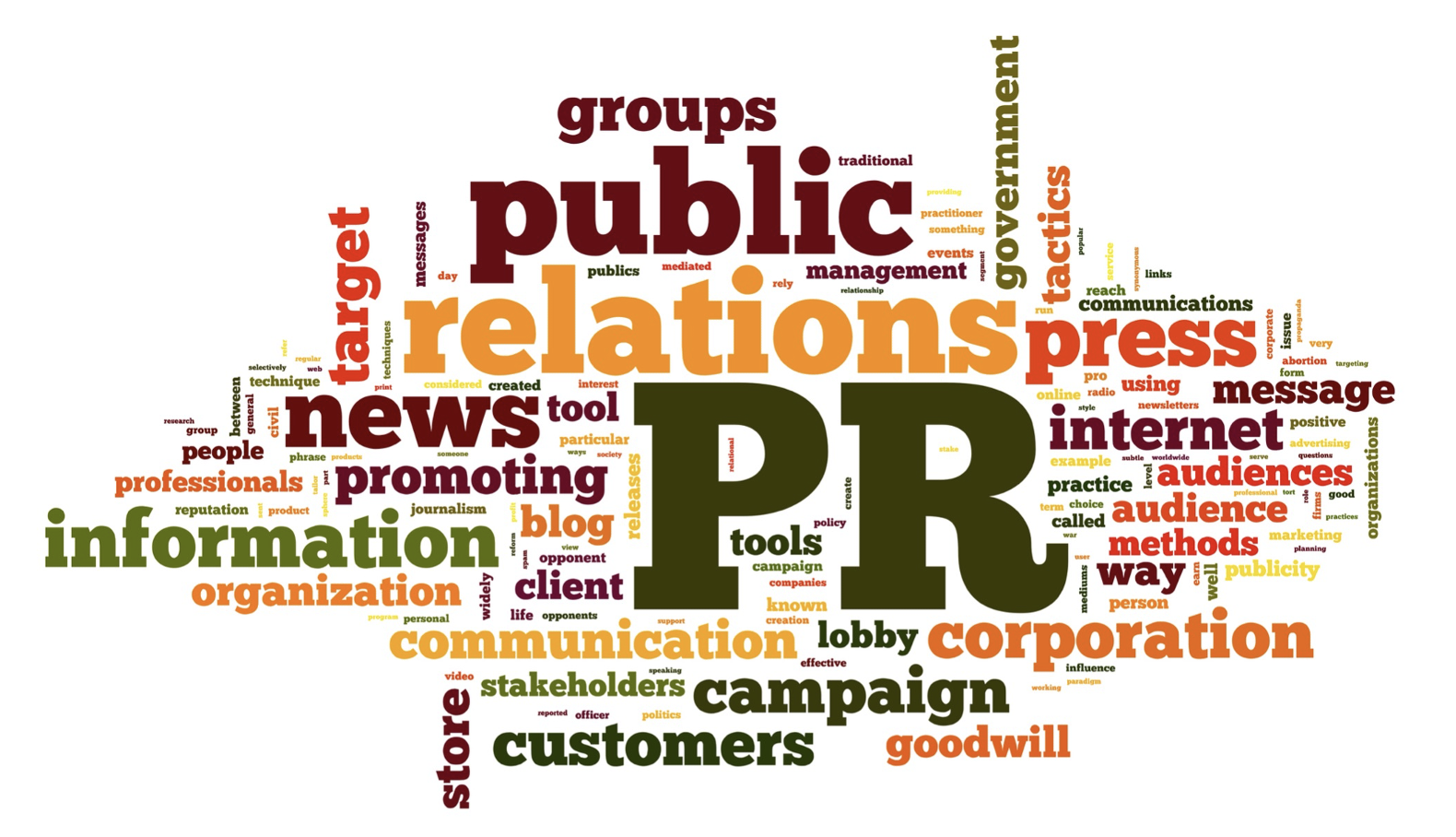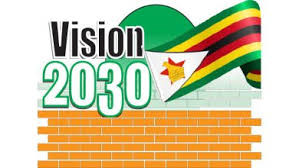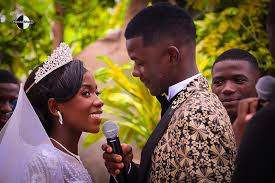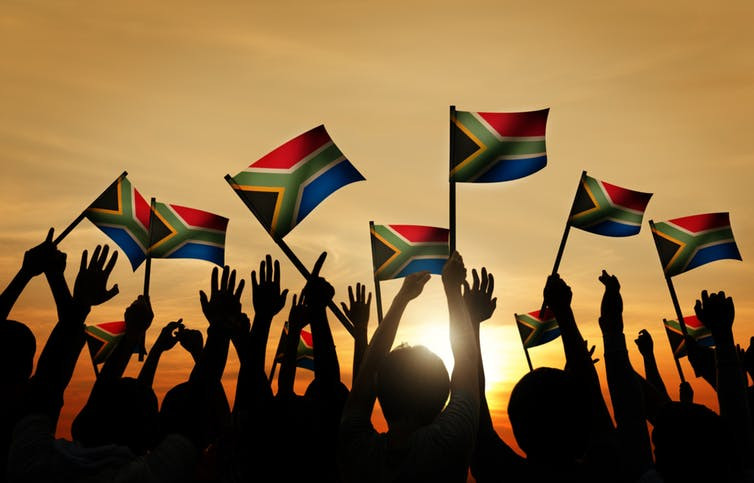
I ALWAYS feel excited whenever I see good at work because it is not every time that one comes across news that brings positivity and optimism about the world.
This week was one of those rare moments.
As I was watching the South African national broadcaster SABC, my face melted into a huge smile as all the major political parties contesting in this year’s general elections were being given full coverage on the channel.
In one day, I watched the Democratic Alliance (DA) and the Economic Freedom Fighters (EFF) opposition parties featured prominently without any bias or prejudice. Julius Malema was there addressing huge crowds of his EFF supporters and so was the DA’s John Steenhuisen.
The same applied to the smaller political parties, such as Patricia de Lille’s Good Party and SARA (South Africa Rainbow Alliance) led by Colleen Makhubele.
Why am I so jubilant about all this? Is this not a normal thing that should no longer incite such excitement, particularly from a 50-year-old grown man like myself? Is it not embarrassing that I am acting like a little child who has just been left alone in a toy store?
Maybe it should be embarrassing, but there is a reason behind this seeming childish excitement.
I am from Zimbabwe, a country that has never witnessed a smooth electoral process, let alone a democratic transfer of power since attaining independence 44 years ago.
- Corruption Watch: Get scared, 2023 is coming
- Corruption Watch: Get scared, 2023 is coming
- Letters: Ensuring Africa’s food security through availability of quality seeds
- Is military's involvement in politics compatible with democracy?
Keep Reading
In fact, the last time power changed hands in a relatively democratic manner was when the country migrated from colonial rule to the so-called “majority rule” on the midnight of April 17, 1980.
I was only a seven-year-old boy at that time. Today, I am 50 years old, and just as every other Zimbabwean, I have only known Zanu PF being in power. Actually, until I reached 44 years of age, I had only known one man, Robert Gabriel Mugabe as the undisputed leader.
He was subsequently ousted through a military coup d’état by his own long-time protégé Emmerson Dambudzo Mnangagwa, who is now the president.
The bitter irony in all this is that the only time the country actually experienced regular smooth transfer of power — from one leader and political party to another — was during the colonial era when at least eight prime ministers — from Charles Coghlan (October 1, 1923) to Ian Douglas Smith (April 13, 1964) — covering six different governing parties exchanging power over a period of 41 years.
In contrast, in “independent Zimbabwe” we have only known one party (Zanu PF) for 44 years and a leader forced out of power through the barrel of a gun.
Granted, the colonial establishment was racially segregating and the majority did not have much of a say. Nonetheless, we would have expected the post-independence government to extend this democracy (which had been largely confined within the white community) to the rest of the nation.
What we have, however, seen, in utter horror, is the complete opposite. The unalienable right to freely choose our own leaders has been cruelly stripped from us.
So, yes, it is perfectly understandable when a whole 50-year-old man acts so excited after watching real democracy at play in a neighbouring country. This is to be expected from one who lives in a country where the opposition, in particular a strong one, is regarded as an “enemy of the State”.
Not only are elections repeatedly rigged, but State institutions and the State-controlled media, which are supposed to be impartial and apolitical, are abused for the benefit of the ruling party. This has been the case ever since Zanu PF gained power in 1980.
However, the situation became unbelievably worse after the establishment of a formidable opposition, the MDC, in 1999. Since then, the Zanu PF regime has ensured that any formidable opposition is viciously crushed with the police being used to bar most opposition gatherings.
Meanwhile, the Judiciary has played the role of persecuting opponents and the electoral commission has done the bidding of Zanu PF, while State media has effectively been turned into a mere desk in the information and publicity department of the ruling party.
That is what makes watching SABC such a huge joy as it is in stark contrast to its Zimbabwean counterpart ZBC on which the main opposition is seldom featured and the little coverage it receives is riddled with disgraceful bias and lies.
Yet, on SABC, strong challengers to the ruling ANC party — such as the DA and EFF — are awarded enormous balanced coverage and even their rallies broadcast live.
The DA, a predominantly white political party, has never been brutally clamped down upon under the pretext of “protecting South African democracy from agents of apartheid”. Yet in Zimbabwe, any real threat to Zanu PF rule is immediately branded “agents of the West seeking to recolonise the country “.
This has been used as justification for the horrendous despicable abuse of power by the regime.
Never have I come across reports of the South African Judiciary convicting or even jailing opposition activists without any prima facie evidence and using laws that do not even exist. Yet in Zimbabwe, that has become the norm — as witnessed in the Job Sikhala and Jacob Ngarivhume cases.
Never have I heard of the South Africa Police Service (Saps) repeatedly denying opposition parties the right to conduct campaign rallies or citizens from peacefully demonstrating.
As a matter of fact, Saps perform their duties of protecting protesters and the general public with exceptional diligence.
South Africa’s Independent Electoral Commission is a far cry from its sister, the Zimbabwe Electoral Commission. In all the elections held in South Africa, never have there been any significant disputes — leading to the winner always having legitimacy. Sadly, the same cannot be said about our Zimbabwe.
Both Mugabe and Mnangagwa have ruled the country through highly questionable electoral processes, thereby lacking legitimacy.
This then brings up an issue which keeps pestering me.
Mnangagwa is disturbingly fond of always referring to his South African counterpart, Cyril Ramaphosa, as “his brother”. So if Ramaphosa is “his brother”, why does Mnangagwa not learn from his good works? Why does Mnangagwa not sit down with “his brother” and ask how to practice genuine democracy?
Surely, who, in their right mind, would not want to emulate the good deeds of his brother?
Granted, Ramaphosa and his ANC are far from being saints. If anything, they are also busy running down that beautiful prosperous country through shocking acts of corruption and mismanagement.
However, their democracy is still something to emulate.
Instead of running to such far away countries as China and Russia to take notes on how to suppress the citizenry and also destroy democracy — Mnangagwa should just go next door to meet “his brother” and learn some good things and not evil tricks of China and Russia.
- Tendai Ruben Mbofana is a social justice advocate and writer. Please feel free to WhatsApp or Call: +263715667700 | +263782283975, or email: [email protected], or visit website: https://mbofanatendairuben.news.blog/

